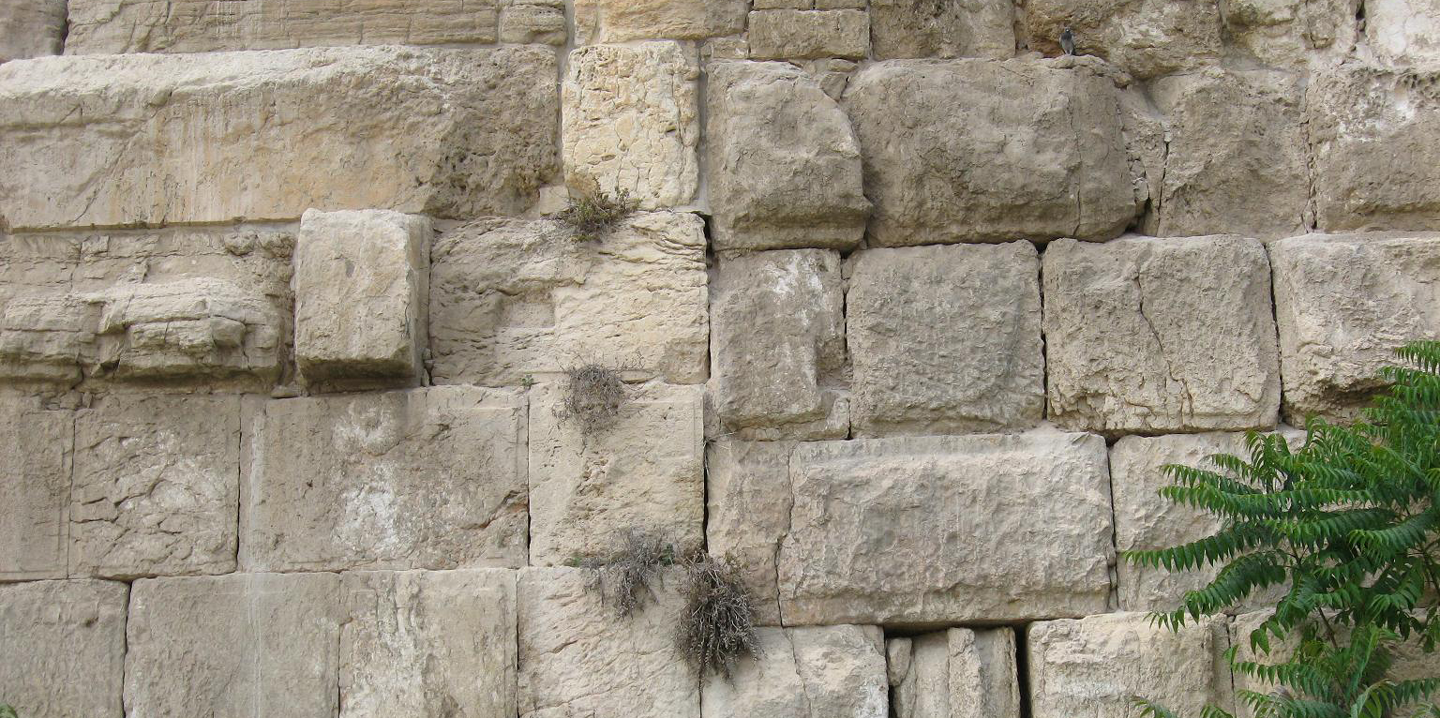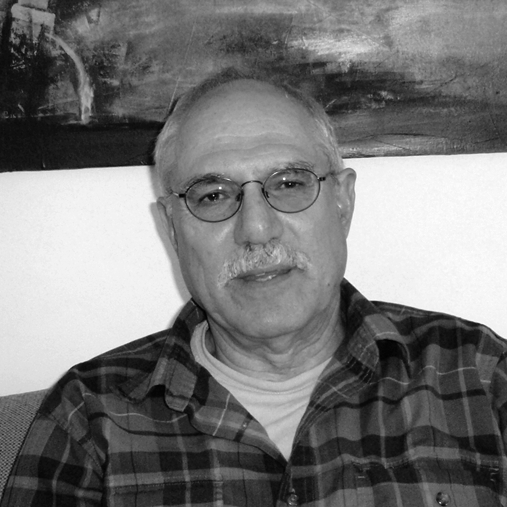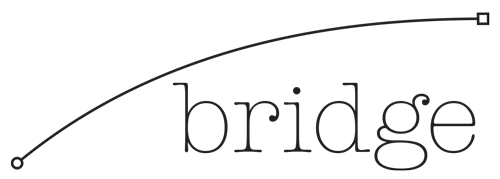Confessions of a Hyphenated Greek
Zeese Papanikolas
I’ve been told that as a very young child I was fluent in Greek. It was probably the Greek-English-Baby talk that was the lingua franca my cousins and I learned in the kitchen of my maternal grandmother, born in what was then Turkey and is now Thessaloniki, and who grew up a poor servant girl in Istanbul. But if, as some say, language is the baseline of ethnicity, after many years of visiting and even, for a time, living in Greece, I am less Greek now than as a four year old. It is a good thing that these definitions of ethnicity are so fluid, so confounding. We have seen and many have experienced in the last century, and now in this, how, when seized upon by the unscrupulous, the vicious, the powerful any of these definitions can be used as a tool for massacres, vast transfers of populations, desecrations. It is a great misfortune to lock oneself in the prison of some totalizing self-definition, and even greater to be victim of someone else’s definition.
As a writer I’ve taken on many subjects, from Native American myths to jazz, but I have written about a Greek immigrant organizer named Louis Tikas and I am writing now about the world my Greek-American parents grew up in in the 1920s in little industrial towns in Utah, speaking two languages, negotiating between two worlds, and living among other kids whose parents came from Italy, Serbia, Japan– from everywhere. This is a way of getting close to my parents and their parents, a way of remembering them, but it is also and probably more saliently a political act. Much of the Western world today in a paroxysm of fear of the immigrants who have fled their countries because of war, criminal and sectarian violence, and poverty approaching starvation. There will be further mass displacements as the ominous shadow of climate change covers more of the world. In a country of immigrants the history of the struggles and adaptations of the immigrants of the past and of those who are arriving every day is of vital importance. For history may well be the beginning of moral action, and morality itself begins in the imagination and in our ability to imagine the lives of others.
My Greekness is more a series of sense impressions from my earliest years, the sounds of a language my grandparents and sometimes my parents spoke, the smells of my grandmothers’ kitchens, my parents’ stories of the immigrants and the immigrant kids they grew up with, the Sophia Vembo songs that no one else on Millbrook Road in the Salt Lake suburbs in 1950 was listening to, the chanting and the beautiful anthems in the Orthodox Church, the smell of incense – sentiments, perhaps, sentimentalities even. The United States is in many ways the Galapagos of the Greek diaspora. Cut off from new influxes of immigration from the Old Country by the 1924 immigrant exclusion act, by World War Two and the Greek Civil War, in their isolation, the Greeks in the United States by and large prospered and became full partners in American life, but they lost connection with the real Greece and its sufferings and were more and more prone to see newsreel versions of the country filtered, finally, through Cold War United States politics – or perhaps worse, through a haze of nostalgia.
If the United States was the Galapagos of the Greek world, the Rocky Mountains, where I come from, was a Galapagos within a Galapagos. In Salt Lake City we had no long-standing Greek towns, no Greek neighborhoods with their constant interactions and cultural reinforcements. We had no Greek intellectuals – my mother devoted her life to writing and studying the Greek immigrants and their children, but she was my mother and I wouldn’t have thought of her as an intellectual. Instead I experienced a tight-knit family, with numerous aunts, uncles, cousins. But what surgeon could separate the smells from my grandmothers’ kitchens, the wailing, oriental sound of the clarino coming from my grandfather’s phonograph, my Aunt Sophie’s hilarious parodies of how a proper Greek girl served from the diskos, from everything else I was absorbing as a kid, from the first recognition of sexual stirrings, from listening to Miles Davis at one AM on the radio, from sneaking into cowboy bars where no one checked I.D. or reading Blake in high school English. Like a Chuck Close portrait, the closer I look, the more information I have, the less recognizable my self-image becomes.
For most Greek-Americans (an obvious exception, of course being Greek Jews and their descendants and the descendants of other Greek minorities) the Orthodox Church provides the center of their connection to their Old Country families. My relation to the Church too, but in a complicated way, defines my Greekness. The beauty of the liturgical music, the very strangeness of the icons and the stern face of the Pantocrator in the dome of the old church the immigrants built in Salt Lake, so different from the soft, womanly Jesus of the Mormons and the Protestants, gave me a sort of pride of difference – even though church itself, its bearded priests, its swaying censors, and its impossible language, was strange to me too, as a suburban American kid. During the 1960s, I grew angry with the Church itself: Archbishop Iakovos had gone against a powerful strain of conservatism both lay and clerical in the Orthodox community and marched in his tall kalimafkion with Martin Luther King, Jr. in Selma in 1965, one of the few prominent non-African-American churchmen to do so at that early date. But two years later, when the Colonels took over in Athens, gross buffoons and torturers, where were the voices of clerics in this country or in Greece, even while some of their own young priests were being humiliated and tortured in police stations? Since high school I had drifted into a rather formless atheism. Now, when I go to a wedding or a baptism or, more and more frequently, a funeral I feel constrained to enter fully into the beauty of the ancient ceremony. The people surrounding me are believers, and it seems somehow disrespectful to them and perhaps to me as well to sail under false colors, a kind of cultural tourist in the Church in which I was baptized. The Church remains for most Greek Americans the center of their ethnic connection, where young Greek Americans are taught beginning Modern Greek, folk dancing, perhaps are encouraged to go to that camp in the Peloponnesos so wonderfully satirized by comedian David Sedaris, doubly anathematized for being not only disrespectful but quite gloriously and openly gay. In spite of having embedded in it an ancient ritual, the Orthodox Church in America is oddly historyless, a patriarchy in a world striving for gender equality, phobic of homosexuals and the transgendered and, at its very worst, still carrying whispers of xenophobia and anti-Semitism. There are exceptions to this historyless discourse in the Church, of course, one of them being the use of English in part of the service, another being the dedicated work of preservation by amateur oral historians of the memories of their elders, the occasional talks about the real – not the imaginary – Greece or about Greek life in the United States that subverts sunny paradigm of self-congratulatory success by the immigrants and their children.
Greek culture in the United States, like all cultures, is in a continual process of change and the process is one that can’t be stopped. If Greek- American kids continue to be interested in the Greek language and Greek folk dancing they will continue to have those connections to the Old Country. If the Greek Orthodox Church is relevant to the spiritual and communal needs of Greek Americans it will survive and perhaps even thrive. There are some things I wouldn’t like to see gone from everyday Greek American life and other cultural elements that I’d just as soon never were part of that life in the first place – to give one example, that omnipresent Greek chauvinism. I remember the pages of the old Atlantis, filled, like other ethnic newspapers, with images of the Greek conquest of America: someone becomes a county commissioner in Florida, someone else is named man of the year by the orthodontists of Chicago. Not to mention, of course, our stars. Or nowadays even asteroids, like Reince Priebus. I wonder, do pages of Greek American magazines and newspapers still contain those vaguely romantic, soft-focus pictures of the Greek American Pennie’s (Penelope’s) and Peggie’s (Pelagias) in their mortarboards of my childhood (my cousin Amy called those pages in the Atlantis the Slave Market)? If they do, the girls would now be Madisons and Mias. I confess I am not immune to this chauvinism. I listen to Maria Callas sing Casta Diva, wipe a tear from my eye and take a victory lap around the gene pool. But after all, I haven’t done the singing, and, with my one familial connection to heroic Greece through the Revolutionary General Theodoros Grivas, whose clan was originally Albanian, I don’t imagine that my gene pool is all that pure in the first place – if any Greek’s is and whatever “pure” means in this context. The opposite side of the Greek chauvinist coin, which I also unfortunately carry a bit of, is that endemic Greek cynicism about my fellow Greeks, hyphenated or otherwise. Some crook with a Greek name gets his photo in the papers and I shrug – What did you expect? Then give that self-satisfied little chuckle, a bit defensive perhaps, common to us Greeks and Greek Americans when our prejudices about our fellow Greeks are confirmed. (This reaction, by the way, can be found as far back as the Iliad and is a staple of Greek humor: a psychologist might find an interesting connection between the chauvinism and the cynicism). But if my connection to the larger Greek-American community is sometimes ambiguous, I don’t believe it is paradoxical in me to be vitally concerned with the survival of Modern Greek Studies programs in colleges and universities, such as the one at San Francisco State University started by the irreplaceable Thanasis Maskaleris and continued with distinction by Martha Klironomos. In a system of higher education in America that becomes more and more corporate in outlook, Modern Greek Studies and programs like it provide a place where the examination of a body of literature, cultural practice and history is not simply seen as an amenity, where these artifacts can be seriously evaluated, examined and discussed. When I think of what I would not like to see go from Greek American life, these programs are largely repositories of such things, places where the lives of immigrants can be examined without sentimentality, even if necessary, with a certain ruthlessness, where the bouzouki music isn’t canned, where the arguments are real, where Greece itself, can be seen as it exists in the struggles of today, not in some timeless, sentimental vacuum, an empty foustanela in a snow-less snow globe. Like others, I would like to see these programs more generally available to the larger Greek American community, I would like to see Greek and Greek American history, with its debates, complexities and difficulties fully enter the churches and the Greek schools and young students of Modern Greek exposed not just to conversation, but to some of the great poetry and literature of the language.
I’m a writer and I tell stories. Here’s a final one. Years ago I was with my wife and her relatives in the old Crusader fort of Acra in Israel. I stopped for a moment while the rest of our party walked on. There was something holding me there, something I couldn’t quite put my finger on. Then a door opened in the wall to reveal a tiny Orthodox chapel. A baptism had just concluded and the families were just coming out. Without registering it, I had been smelling frankincense and hearing the ancient chants. I don’t know if my children or grandchildren will have such a haunting experience of the Greek world. They will have their own experiences, perhaps even more powerful, but mine on the ramparts of that old fortress was immensely valuable to me. I look forward to seeing what others will bring to Bridge. I hope this site becomes one that opens itself to the wide variety of Greek experience in this country and others and becomes a site of debate and even controversy.

ACRA: The Seam along the eastern wall of the Temple Mount. On the right, Hellenistic and/or Hasmonean construction, on the left the Herodian expansion of the Temple Mount
Photograph by Oren Rozen, CC BY-SA 3.0, Wikimedia Commons

(first published in BRIDGE magazine, 28 March 2017)
Bridge, 28 March 2017

Zeese Papanikolas writes about American culture and history. His book on a Greek immigrant labor organizer killed in a violent strike in Colorado in 1914, BURIED UNSUNG: LOUIS TIKAS AND THE LUDLOW MASSACRE has been translated into Greek by Pelagia Marketou as AMOIROLOITOS. Ms. Marketou is currently preparing a new Greek edition. Papanikolas’s latest book is AN AMERICAN CAKEWALK: TEN SYNCOPATORS OF THE MODERN WORLD.
My Greekness is more a series of sense impressions from my earliest years, the sounds of a language my grandparents and sometimes my parents spoke, the smells of my grandmothers’ kitchens, my parents’ stories of the immigrants and the immigrant kids they grew up with, the Sophia Vembo songs that no one else on Millbrook Road in the Salt Lake suburbs in 1950 was listening to, the chanting and the beautiful anthems in the Orthodox Church, the smell of incense – sentiments, perhaps, sentimentalities even. The United States is in many ways the Galapagos of the Greek diaspora. Cut off from new influxes of immigration from the Old Country by the 1924 immigrant exclusion act, by World War Two and the Greek Civil War, in their isolation, the Greeks in the United States by and large prospered and became full partners in American life, but they lost connection with the real Greece and its sufferings and were more and more prone to see newsreel versions of the country filtered, finally, through Cold War United States politics – or perhaps worse, through a haze of nostalgia.
